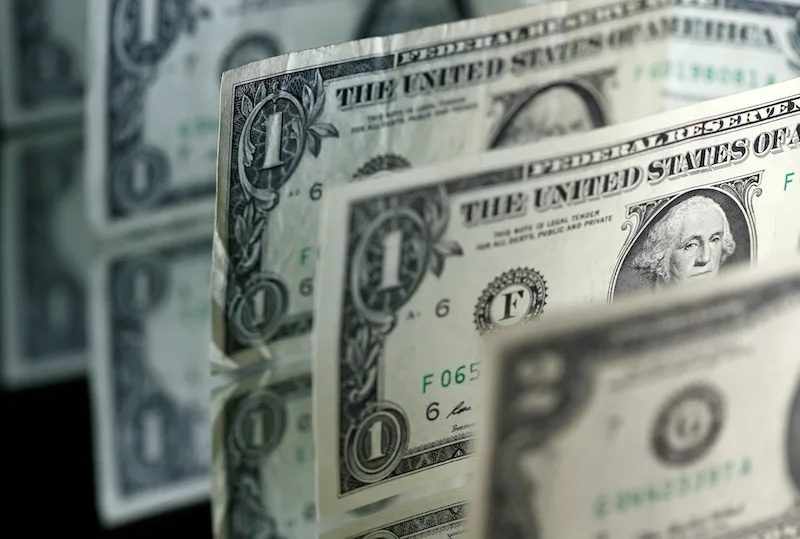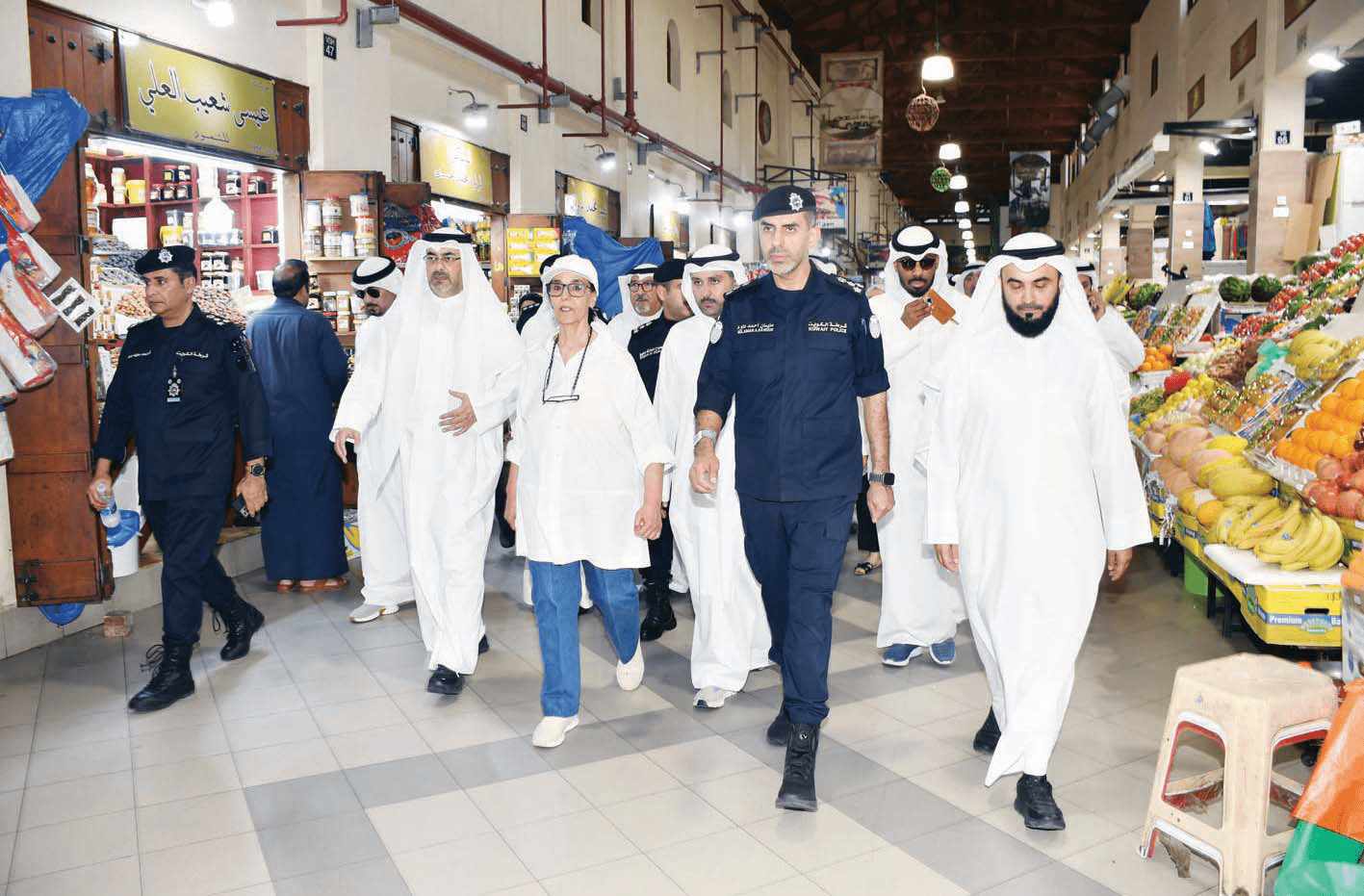Which real-world assets are being tokenised?
- Date: 30-Nov-2021
- Source: Financial Times
- Sector:Financial Markets
- Country:Middle East
Which real-world assets are being tokenised?
Tokenisation of real-world assets other than art is at an early stage, but it has happened in property.
In March 2019, Berlin-based company Brickblock tokenised a real estate vehicle containing a €2m property in Wiesbaden, western Germany. This was believed to be the first such transaction in Europe in which property shares were registered as digital tokens on the blockchain.
A joint study by Hamburg Commercial Bank and the Frankfurt School Blockchain Center think-tank, published in September, suggested an estimated 41 companies in 17 countries, including the US, Germany and Switzerland, had been trialling tokenisation of property. The report said that the market was “still in its infancy”.
However, the study emphasised this was a rough estimate due to a lack of transparency in the market and suggested that tokenising and fractionalising large buildings into small tradable units can make it more accessible to investors.
It has been argued that tokenisation can allow retail investors with as little as €1 or $1 to participate in a rise in house prices without ever being a property owner themselves.
In the US, a company called RealT offers investors the chance to buy into the country’s property market through fractional tokenised ownership using blockchain. Ownership of properties in























